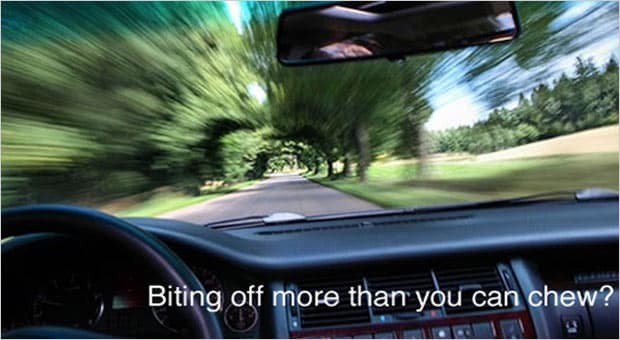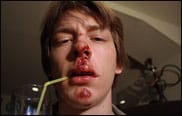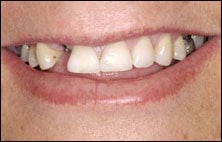Don’t discount that injury

Sustaining an injury or experiencing physical trauma can add stress and strain to your body, in particular, placing additional tension on your head, neck, face, shoulders and back.
An injury or acute trauma to your jaws can be the result of a car accident, a severe fall, a punch to the face or any other intense physical impact to this area. All of these can lead to damage to your muscles or your joints.
It’s all connected…

The nerves in the jaw and neck muscles influence each other and alter the function of the other. That trauma or stress on the body eventually results in tension in the jaw and head muscles.
Broken or missing teeth

Your teeth are set in bone from the moment you are born. As your teeth begin to grow, they begin to shape your face which affects your jaw and facial growth. If you are missing teeth and those teeth aren’t replaced, your jaw and ultimately your face will be affected and will start to become misaligned.
Additionally, a “bad bite” – in which your upper and lower teeth do not come together in proper alignment – dislocates the placement of the jaw and the surrounding muscles. This imbalance in the bite-jaw-muscle relationship is what causes facial pain. The added force and pressure on the teeth can result in the bone dissolving or contribute to extra boney ridges to build-up.
When your teeth are missing or mismatched, it leads to over compensation by your jaw muscles, ending in a lopsided jaw. When your jaw formation is tampered with, it can lead to symptoms of TMJ. Your posture strain becomes a greater issue too, if you have lost one or more teeth. The muscles of your back and neck are hugely impacted by an unbalanced jaw and this takes a significant toll on your spine and its alignment.
In fact, injuries to your back, your hips, your knees and even your feet can affect the muscle activity of your jaw.
If you are experiencing any of these symptoms or have experienced this kind of trauma, and are in pain, we offer solutions to treat your TMJ and relieve your pain.
